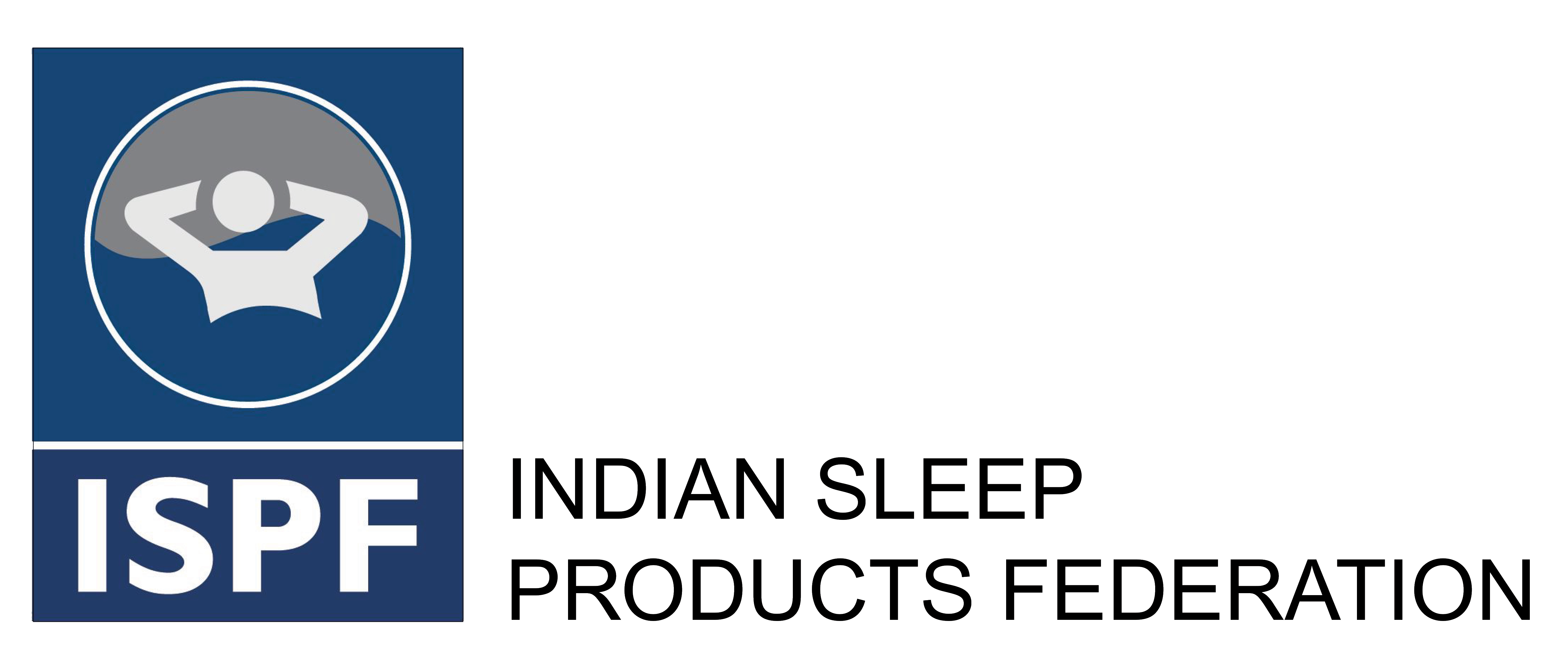If you are one of those who wonder why new-age technology giants are putting up sleeping pods in their glitzy and cool workplaces, then you really need to read ahead. Because believe it or not, Good sleep is not just a perk that you give to an employee. It is a fundamental necessity – the lack of which – affects not just a person’s health but his/her productivity too, and drastically enough.
There is a reason, after all, that so many sleep labs and sleep centres are mushrooming all over the world. From what a report by industry researchers at IBISWorld reckoned, sleep labs are not a fad. These places, where people are going to solve their sleep disorders, have grown at a pace of four percent every year for the last five years. By 2020 the industry can be touching the $10 billion mark.
The advent of offerings like The Sleep School, Nap York, and Spa Le Ra is a good enough indication of the significance of sleep disorders and the challenges that most people are facing today. Nap rooms, sleep advice experts and boutique consultancies are on the rise to tackle this growing demand for good sleep and wellness answers.
Blame it on the ever-present screen and blue light, or the pressure of work and commute – but lack of sleep is emerging as a serious epidemic now Why does sleep matter? Insomnia costs, sometimes as much as $100 billion a year. But if you break it down in other ways, the effects on a person’s psychological and cognitive health are good enough pointers too to justify the need for good sleep.
When we cut down on sleep, we do not allow our brains and body that much-needed (and much-deserved) time to reboot and recover from a long day. That makes it hard for a person to get ready for the next day. The result is manifested in not just mood swings, increased temper bouts and fatigue but also a serious inability in focusing on or comprehending even small tasks at hand.
The side effects are multi-faceted and unexpected. One can end up facing other health issues like:
• Diabetes
• Heart problems
• Depression
• Mental challenges
- Blood pressure problems
• Mortality
• Anxiety
• Chronic digestion issues
Not just that, sleep-deprived people are also noted to be lonelier than others. This affects their level of engagement and interest in any work, of course.
Sleeping well brings many advantages. Improved focus, consistency in cognitive skills and the energy to be up and about for physical as well as mental tasks – are just a few benefits of having a good sleep at night.
Similarly, research from Michigan State University also observed that people prone to use their smartphones for work purposes after 9 p.m. get more tired and less engaged at work the next day.
If these warning signs are not enough, consider more numbers that should be red flags worth attention. Sleep deprivation is costing American companies $63.2 billion a year in lost productivity. No marks for guessing why.
As a neuroscientist stressed aptly – “Sleep acts like glue.” And this glue is important in assisting the brain to encode recently learned information into long-term knowledge.
A study on some teens in the US cemented this insight when it found that adolescents whose sleep is inconsistent across the school week (a variation of 2.5 hours from one night to the next) show less development of white matter connections in their brains a year later when compared with those who slept a more consistent number of hours per night. And this has to do a lot with pathways in the brain that define self-control, emotion and reward processing, as Dr. Galván, a professor of psychology at the University of California uncovered in his study.
Another research from Harvard University seconded these revelations when it showed that besides improved grades, students getting a good night’s sleep also show better memories and a lower risk of obesity and fewer chances of getting sick.
Get into bed – for work
How can a person work at full tilt when the body is lacking in attention, cognitive muscle, energy and information processing?
Learning and comprehension take immediate hits and backseats when one is sleep deprived. To add to that, having a relaxed and proper sleep (with enough deep sleep time) can equip a person strongly by:
1. Reducing distractions
2. Helping in faster and better decision-making
3. Cutting down on fatigue
4. Making better brain connections
5. Improvement in memory
6. Better retention and use of information.
7. Higher engagement and interest at work
8. Fewer mistakes
9. Higher-level brain functions
So do not miss out on the side effects of good sleep. Let the employees have their beautiful sleep. Do not insist on being tied to, and having them tethered to, smartphones and emails all the time. Getting a good sleep is not going to hinder work, but actually going to help people become more productive and engaged.
This is important for both personal and workplace changes in the way we look at time for rest and rejuvenation. If you want your workers to learn better, perform better, feel better, and come back with a smile and a recharged look – let them charge their batteries too. Unplug today. Plug into some sleep.


